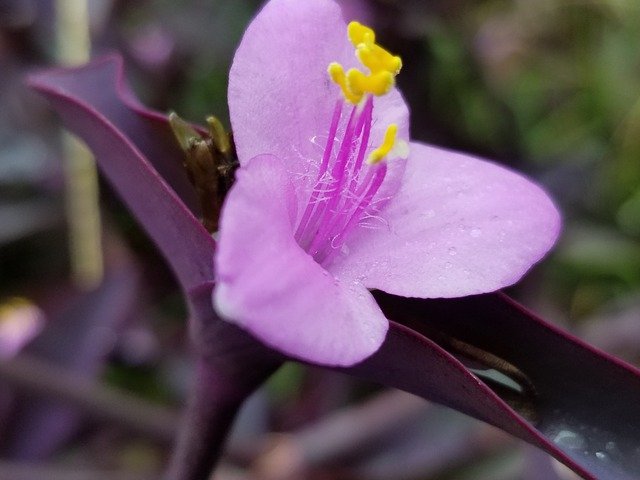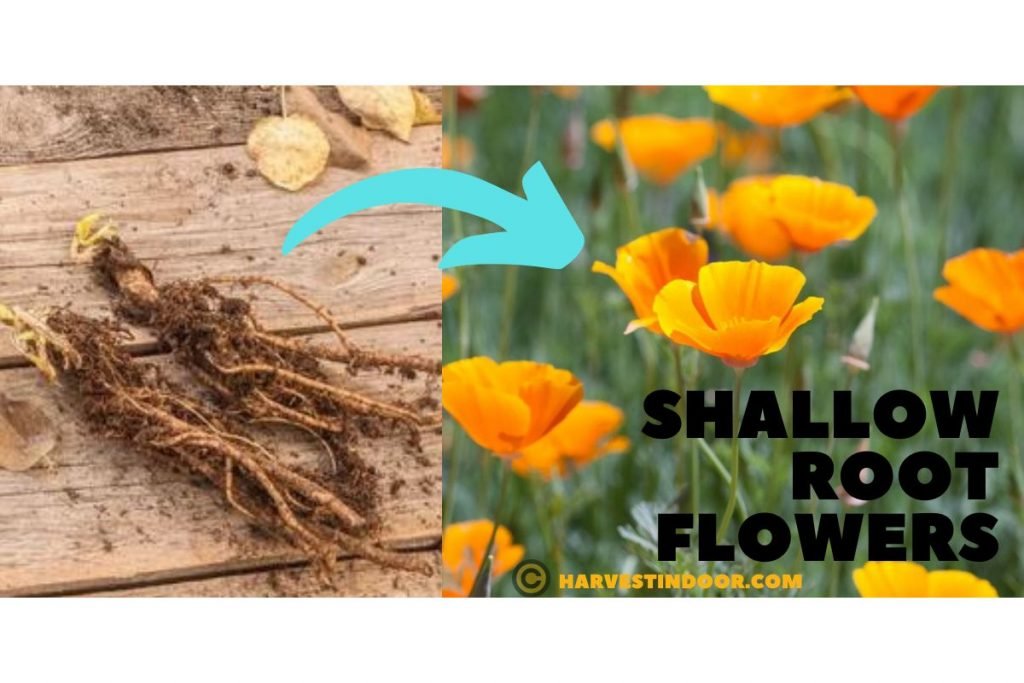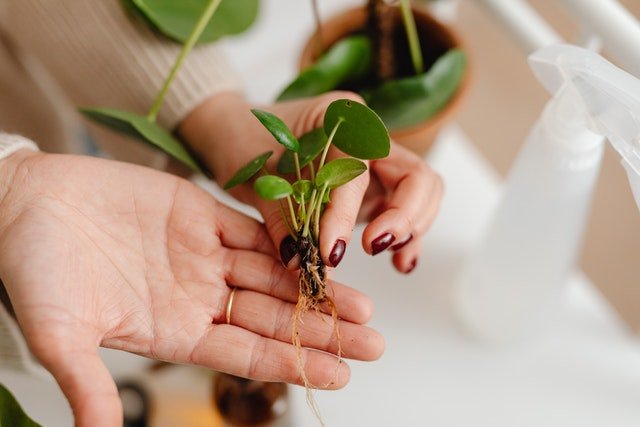In this article, we will explore the concept of polished water and its impact on plant health. Polished water, also known as purified or filtered water, has gained popularity among plant enthusiasts who aim to provide the best care for their green companions.
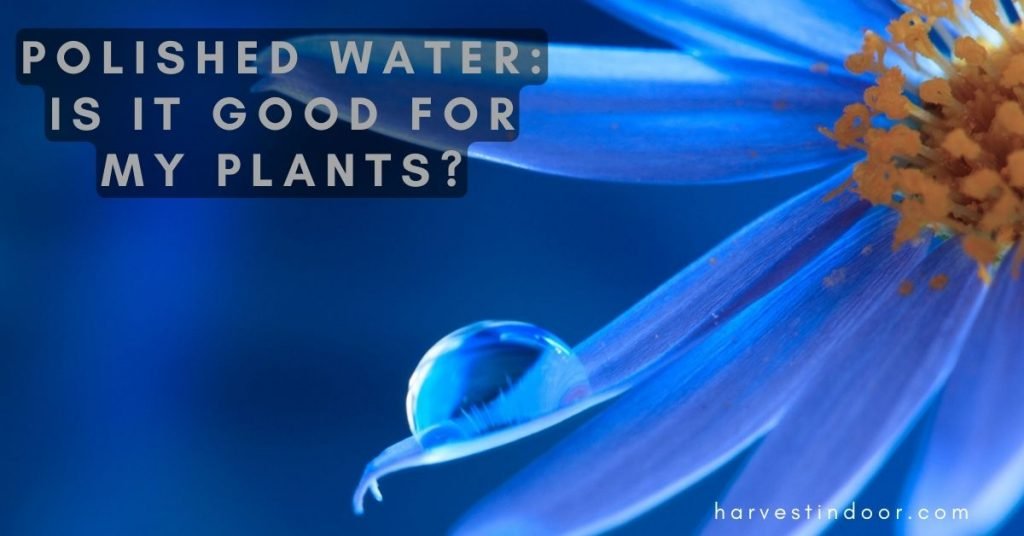
However, it is important to understand the potential benefits and drawbacks of using polished water for your plants. Let’s delve into the topic and shed light on whether polished water is indeed good for your plants or not.
Table of Contents
Understanding Polished Water
Polished water refers to water that has undergone filtration or purification processes to remove impurities and contaminants. These processes often involve the use of technologies like reverse osmosis, distillation, or activated carbon filters. The goal is to eliminate substances such as chlorine, heavy metals, minerals, and other potential pollutants present in tap water.
The Benefits of Polished Water for Plants
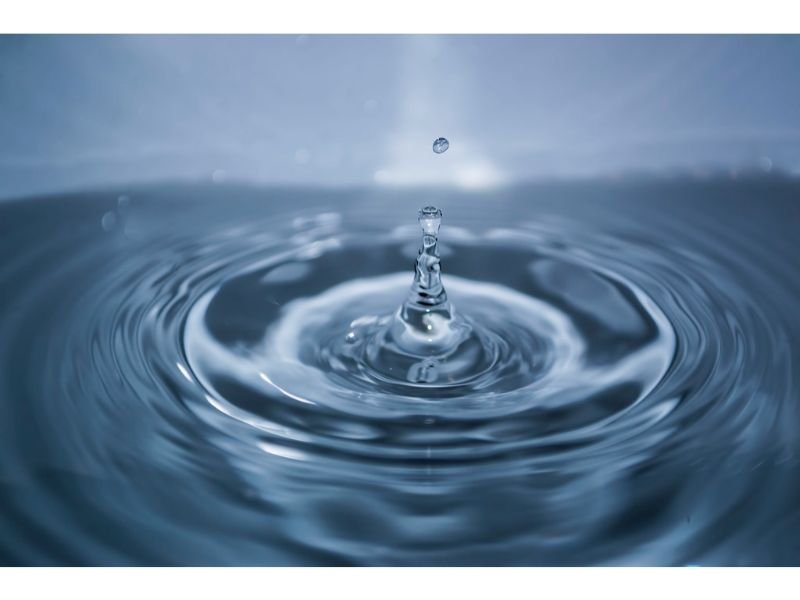
Using polished water for your plants offers several potential advantages:
1. Reduced Chemical Exposure
Tap water often contains chemicals like chlorine, chloramines, and fluoride, which can be harmful to plants in excessive amounts. Polished water eliminates or significantly reduces these chemicals, minimizing the risk of adverse effects on plant growth and overall health.
2. Balanced pH Levels
Polished water tends to have a neutral pH, which can be beneficial for plants that prefer a specific pH range. This helps to create a stable and optimal growing environment for your plants, allowing them to absorb essential nutrients more efficiently.
3. Minimized Mineral Buildup
Tap water often contains minerals that can accumulate in the soil over time, leading to salt buildup and potentially hindering nutrient absorption. Polished water, with its reduced mineral content, helps prevent this issue, ensuring the soil remains healthy and conducive to plant growth.
4. Precision in Nutrient Management
By using polished water, you have more control over the nutrients your plants receive. Tap water may contain unknown levels of minerals, which can make it challenging to accurately tailor your plant’s nutrient intake. Polished water provides a blank canvas, allowing you to customize the nutrient solution and optimize it for your specific plant species.
Potential Drawbacks of Polished Water

While polished water offers various benefits, it’s essential to consider potential drawbacks as well:
1. Removal of Beneficial Minerals
The purification process used to produce polished water not only removes contaminants but can also strip away essential minerals. Some plants require these minerals for proper growth and development. In such cases, it may be necessary to supplement the water with appropriate nutrients to ensure the plants receive adequate nourishment.
2. Higher Cost and Environmental Impact
Compared to tap water, polished water can be more expensive, especially if you rely on commercial filtration systems or bottled water. Additionally, the production and distribution of polished water have environmental implications due to energy consumption and plastic waste. It’s important to weigh the financial and ecological aspects when deciding whether to use polished water for your plants.
3. Potential pH Imbalance
While a neutral pH is generally beneficial, some plants have specific pH preferences that differ from neutral levels. It is crucial to consider the requirements of your plant species and adjust the pH of the polished water accordingly to avoid any potential imbalances.
Conclusion
In conclusion, polished water can provide benefits for your plants by reducing chemical exposure, balancing pH levels, minimizing mineral buildup, and offering precise nutrient management. However, it is important to be aware of potential drawbacks such as the removal of beneficial minerals, increased cost, environmental impact, and the need to monitor pH levels for specific plant species.
Ultimately, the decision to use polished water for your plants depends on various factors, including the specific needs of your plant species, your budget, and your environmental considerations. We recommend assessing these factors and consulting with local horticultural experts to make an informed choice regarding the best watering practices for your beloved plants.

Gardening is my passion and growing plants indoors has always been a stress relief for me. Grow a banana tree in my apartment once (although failed to produce bananas).


